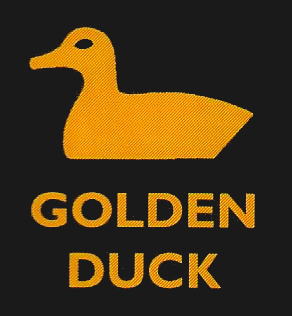Boatbuilding Yesterday and Today
Peter Foerthmann
Tredition
£14.99
It’s with something of a shock that I realise Peter Foerthmann’s notion of ‘yesterday’ is the 1970s. His modern classic yachts are products of the c20th gold rush when mass production techniques began revolutionising boat-building but when solidity of material was still expected and yachts were still finished by craftsmen. He sees a robustness in the older hull forms which more recent emphasis on modular construction and gluing has weakened. Today, he contends, the ‘performance cruiser’ has suffered from pressure to maximise interior space and sacrifice underwater shape for manoeuvrability and speed.
The main focus of this book is on design decisions rather than boat-building techniques. Foerthmann’s particular interest is the bluewater cruiser and he’s a passionate advocate for long keels and securely fixed rudders. He’d be the first to admit that his obsession is with the blunt end of the boat – rudders above all. Foerthmann produces Windpilot steering systems so is used to jostling for his spot on the transom. Speaking as someone whose idea of self-steering is to trim the sails and shove a couple of pintles either side of the tiller, I found myself persuaded by his advocacy of the antenna arch as a means of de-cluttering the stern deck when radomes, hydrogenerators and biminis must all be accommodated. His strictures against overloaded davits and poorly positioned life rafts made sense. Descending to the engine room, others will be better able to judge whether saildrive engine transmission systems are truly pernicious though all yachtsmen should be interested in unnecessary vulnerabilities below the waterline.
Foerthmann is based in Hamburg and evidently doing a great deal of business across the EU and USA. I found his observations on national differences in design choices and materials illuminating, particularly his advocacy of aluminium and felt I had gained insight into a wider world of international longdistance cruising.
I tried to feel guilt at being part of the advertising-driven yachting media that so often arouses Foerthmann’s rage, but I failed. Yes, magazines are also shops, they always have been. It’s an integral part of our function – consider the French word magasin. This short, lively, opinionated read doesn’t do all that its title suggests but should set potential purchasers talking, which is what the author say that he wants. The lively cartoon illustrations by Inga Beitz-Svechtarov add a welcome cheerfulness.
Peter Foerthmann has also recently published Myth Circumnavigation: a Goal in Life or a Dead End and Windvane Report: a Journey through Time.
